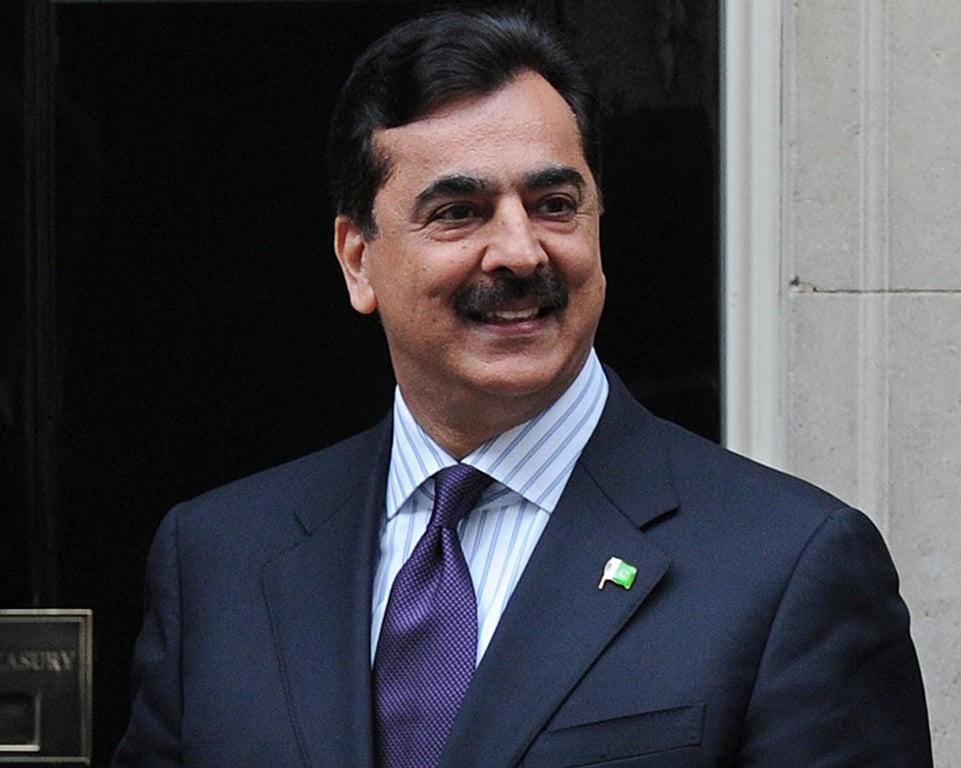An Islamabad anti-corruption court on Friday fully exonerated Senate Chairman and former Prime Minister Yousuf Raza Gilani in the Trade Development Authority of Pakistan (TDAP) corruption scandal. The verdict clears him of all 26 charges, including 14 cases decided today and 12 dismissed earlier. The court emphasized that no evidence showed illicit money transfers to Gilani’s accounts, while noting the accused had been “praying for justice for over 12 years.”
Judicial Criticism of Prosecution’s Handling
In scathing remarks, the court slammed investigators for mishandling the case, particularly for converting a key approver (state witness) into an accused. It also highlighted that critical case records remained pending with the high court, further weakening the prosecution. The judgment raises serious questions about whether the charges were politically motivated or a result of investigative incompetence.
Long-Running Legal Battle
The Federal Investigation Agency (FIA) first probed the TDAP scandal in 2009, involving alleged fraud in export subsidy schemes. Cases were formally filed in 2013, with Gilani named as an accused in 2015 via a final charge sheet. However, the prosecution failed to substantiate claims over nearly a decade, culminating in Friday’s sweeping acquittal.
Political Implications
Gilani’s full acquittal marks a significant legal victory for the PPP leader, who has long denounced the cases as political victimization. The verdict may reignite debates about accountability mechanisms in Pakistan—whether they target corruption effectively or serve as tools for settling political scores. With the cases now closed, attention shifts to whether reforms will follow to prevent similar protracted legal ordeals.


